Is it common to insulate the Plumbing lines for modern buildings?
I'm planning a remodel and addition project and opening up all walls, replacing plumbing lines. Contractor says no insulation is required for building plumbing lines. Only wall insulation. I know many modern buildings (even in third world countries) insulate the plumbing lines to dampen the noise as the water runs through pipes so it's quiet, as well as for heat insulation of hot water lines. What do you think? Isn't common to insulate plumbing lines throughout the home?









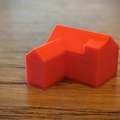





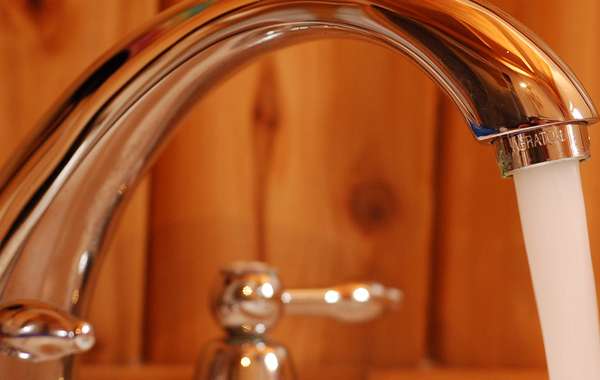
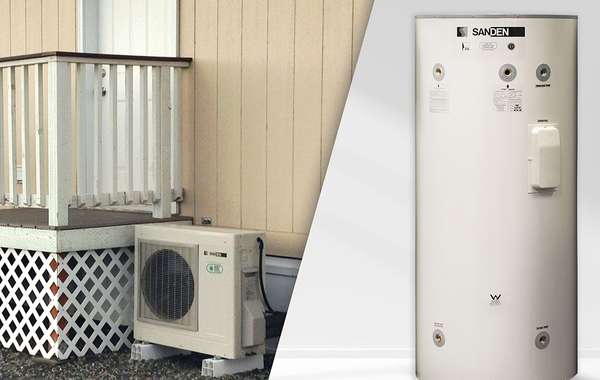
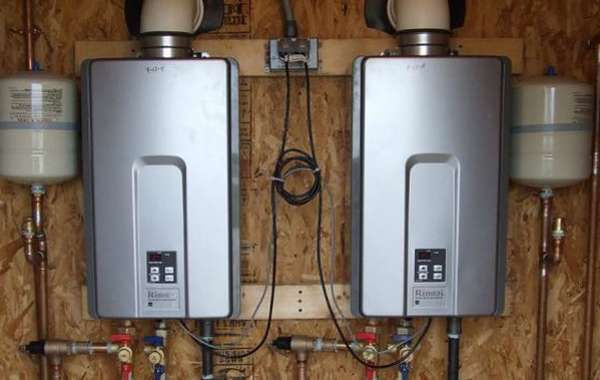
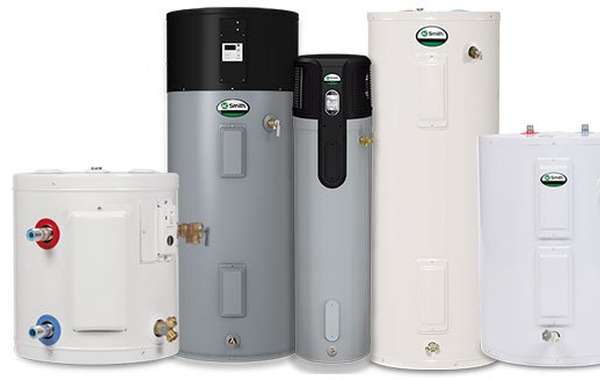
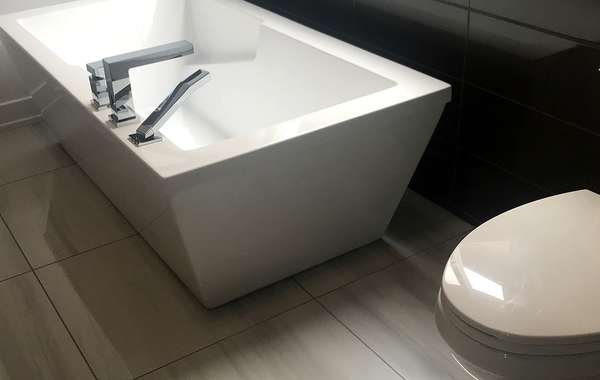
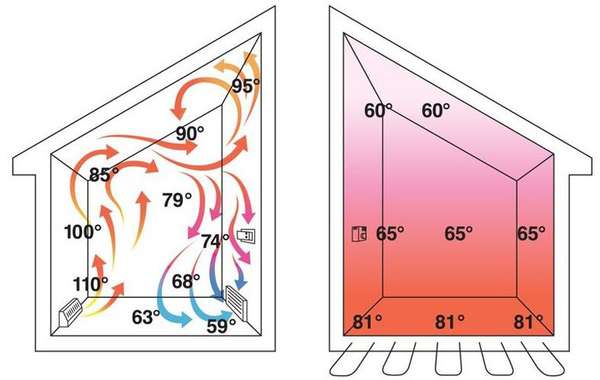
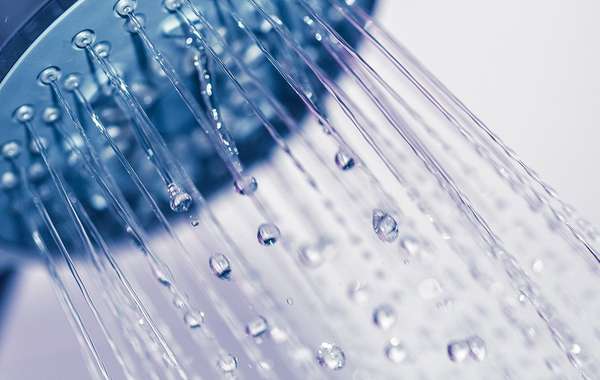
Insulating hot and cold water pipes in a home is a good idea, but isn’t as common as it should be. Your contractor could well be correct that it isn’t ‘required’, but it is still smart to do.
There are times when heat generated for one purpose in a home is ‘lost’, but isn’t really a loss if it is still in the building envelope (and during a season when you want heat). But for the most part you are always best to contain heat or cool for its intended use.
Insulated hot water pipes can keep water warmer for longer, the result can be that a second person using faucet may arrive to find it still warm and therefore not stand there watching cold water go down the drain and adding unwanted heat to a house in warmer months while they wait for hot water to arrive. And the speed at which the water cools can be an even more noticeable with water lines that pass through unconditioned spaces, or spaces left cooler like some basements or crawlspaces.
And why you should insulate cold water pipe in homes - moisture in the air will condense on plumbing tubes filled with cold water, which can then run down the tubes and lead to water damage inside your house. It’s a quick and cheap thing to do, so why not. You can read more here about water efficiency tips for homes.
Thanks, this is really helpful! Also I assume insulating pipes help with water noise reduction too right? If you flush the toilet, the sound wouldn't reverberate through the house, as it does now. So that's another benefit IMHO. What material do you recommend to use for pipe insulation?